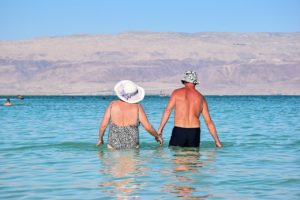Overview
Although compulsory education does not start in Spain until the age of 6 the vast majority of parents in Spain avail of pre-school education for their children, sometimes from as young as a few months old.
Pre-schooling is divided broadly into two 3-year stages (0-3 years and 3-6 years). You can read about it in further detail in our article about how to choose a nursery.
Pre-school kindergarten or infant schools (escuela infantil) are for children between 3 – 5 years. The availability of each is not always widespread and depends on the area, particularly for state schools.
Compulsory education does not begin until children reach the age of 6, but approximately 90% of children aged 3 to 5 have at least one year of state-funded pre-school (educación infantil).
Spanish public schooling is free for children from 3 to 18 years, although private school options are also available.
Escuela Infantil “Infant school or Kindergarten”
Although kindergarten is voluntary most children in Spain attend, starting from the age of 3 and continuing until age 6, when compulsory education at primary school begins.
The public pre-schools aim to prepare young children for social integration within the school environment by emphasising development in several areas:
- Emotional development
- Movement and body control habits
- Communication and language
- Basic guidelines of coexistence and social relations
- Achieving a balanced and positive image of themselves and acquire personal autonomy
Schools offer lessons in basic reading, writing and mathematics, as well as playing in team games and developing their creativity through arts and crafts, painting and music.
Emphasis is also given to developing civic behaviour, the environment, cultural integration, cycling and road safety awareness.
You can register your child with a state school once you and your family are registered as residents at the local town hall. The local authorities will require the following documents:
- Proof of residence (rental contract or property deeds)
- Passport or residence card
- Child’s birth certificate
- Proof of the child’s vaccinations and a medical certificate of health (in some areas)








